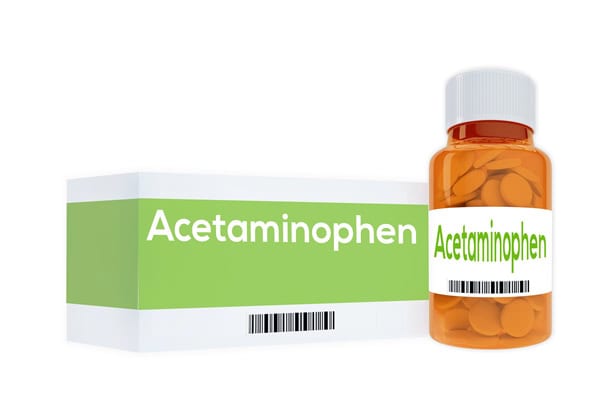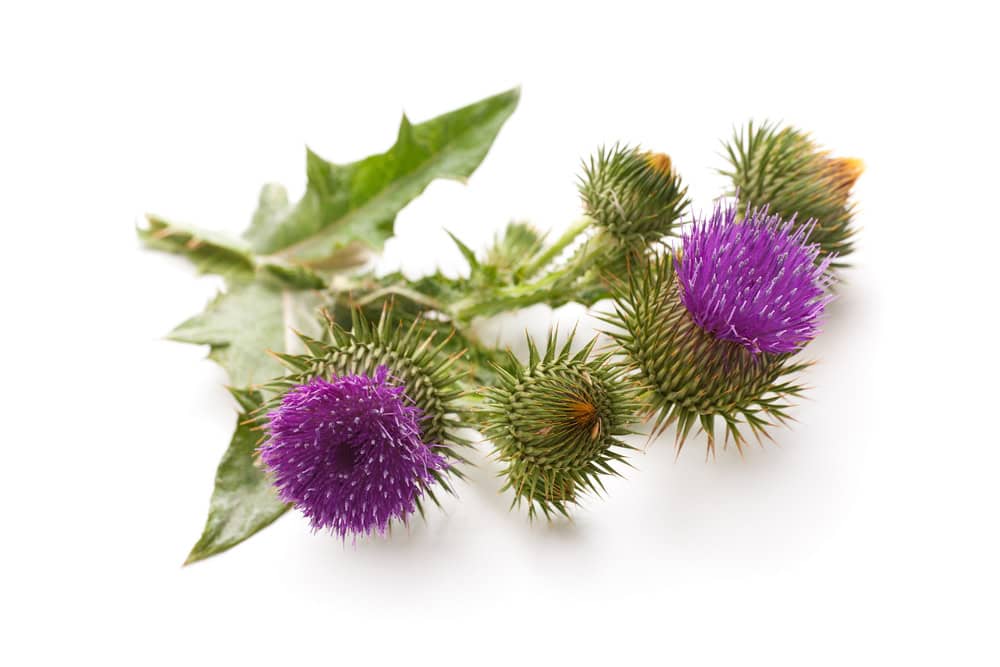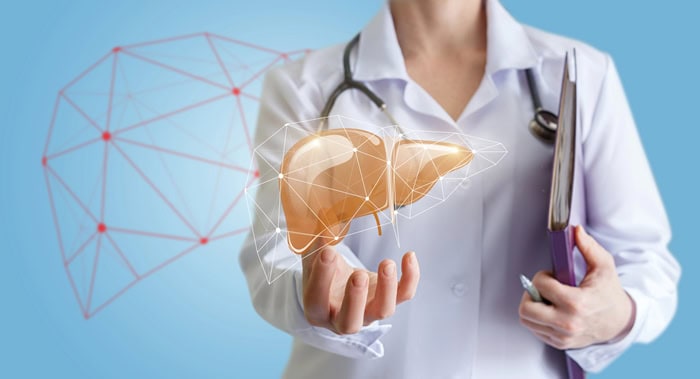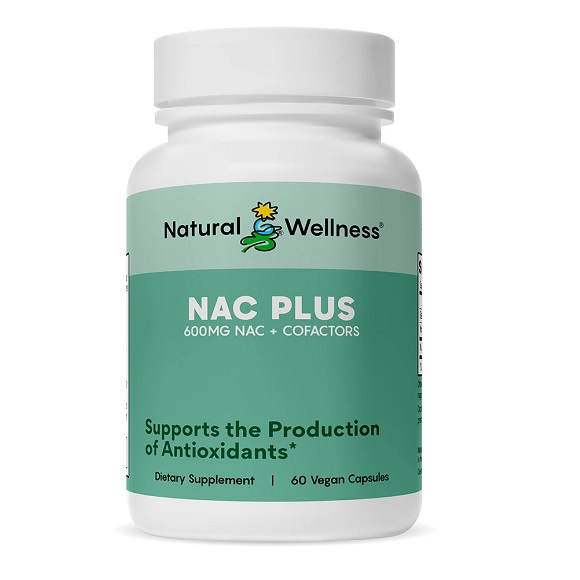
Previous
How Sugar Impacts Your Liver and the Healthiest Sugar Types

Next
The Role of Acupressure and Acupuncture in Liver Health
NAC and Liver Health: How Good Is NAC for the Liver?
Learn all about NAC (N-acetyl cysteine) and liver health, its potential to repair liver damage, and how to take NAC safely.
The liver is one organ we can’t live without. It’s involved in more than 500 vital functions — including helping us digest food, regulating our ability to clot blood if we are cut, and removing harmful toxins from our body. (1) That’s why it’s so important to look after our liver’s health, and NAC can help!
What is NAC?
NAC is short for N-acetyl cysteine (sometimes written as N-acetylcysteine) and often used for its antioxidant and anti-inflammatory properties. It is approved in the treatment of respiratory conditions such as pneumonia and bronchitis as it helps break up mucus. (2)
Other research suggests that NAC may also help treat major medical conditions such as:
- cardiovascular diseases
- kidney diseases
- lung diseases
- and cancer. (3)
Additionally, the World Health Organization (WHO) recognizes NAC as an essential drug in the treatment of acetaminophen poisoning. (4) Studies suggest that NAC helps counteract acetaminophen overdose by increasing the production of glutathione, which aids in the detoxification process. (5) This leads us to how NAC can benefit the liver.
NAC and Liver Health Benefits
Oxidative stress plays a major role in the development and progression of liver disease. NAC helps module oxidative stress and inflammation, thereby reducing liver damage. (3) It appears to work the same way that it does when treating acetaminophen poisoning: by promoting glutathione production.

Mount Sinai shares that when we take an NAC supplement, the body turns it into cysteine, and then into the antioxidant glutathione. As an antioxidant, NAC helps fight free radicals in the body that are known to cause cellular damage, appear to play a role in aging, and contribute to the development of serious health issues. (6)
Can NAC Repair Liver Damage?
It might! Animal studies have found that taking NAC for 12 months was associated with a reduction in fatty liver — what researchers referred to as “rescuing” liver steatosis — also linking NAC intake to a reduction in the cell death that commonly occurs with a high-fat diet. (7)
A review of studies involving people with acute liver failure not related to acetaminophen adds that NAC “significantly improves” survival while also decreasing the amount of time these patients spend in the hospital. (8)
NAC vs Milk Thistle
Is NAC or milk thistle better for the liver? Both have been found to provide similar effects in terms of preventing liver cell death. (9) If your goal is to help detoxify the liver and protect it from free radical damage, NAC may be best.

However, if you want to boost liver health by shielding this organ from toxins and promoting the growth of new liver cells, a milk thistle supplement may be better for providing your desired effects.
Taking NAC Safely
Mount Sinai warns that NAC should not be given to children unless under medical supervision. It also shouldn’t be taken by people with the kidney condition cystinuria. (6) Your healthcare provider can help determine the best dosage for you given your needs and health conditions. This will ensure that NAC doesn’t negatively interact with any other medications you may be taking.
Potential side effects of NAC include:
• nausea
• vomiting
• and diarrhea. (6)
If any of these become severe or problematic, talk to your doctor. They may also recommend that you take vitamin B to make sure you get enough of this dietary supplement.
NAC Supplements
It’s equally important to take NAC supplements as advised on the product label. For example, Natural Wellness’ NAC Plus is designed to be taken twice daily, between meals. Following manufacturer guidelines can help you stay safe when taking an NAC supplement to better support liver health.
Also, choose products that are manufactured in FDA Registered Facilities that follow Current Good Manufacturing Practices (cGMPs) — like those offered by Natural Wellness. These standards are important for product quality. They also ensure that your NAC supplement contains everything it says and nothing it doesn’t!
(1) Columbia University Irving Medical Center, Center for Liver Disease and Transplantation. (n.d.). The Liver and Its Functions. Retrieved October 10, 2024, from https://columbiasurgery.org/liver/liver-and-its-functions
(2) Ershad, M., et al. (2024, February 29). N-Acetylcysteine. StatPearls [Internet]. Retrieved October 10, 2024, from https://www.ncbi.nlm.nih.gov/books/NBK537183/
(3) dos Santos Tenório, M.C., et al. (2021, June). N-Acetylcysteine (NAC): Impacts on Human Health. Antioxidants. doi:10.3390/antiox10060967
(4) World Health Organization. (n.d.). Model List of Essential Medicines: Acetylcysteine. Retrieved October 10, 2024, from https://list.essentialmeds.org/?query=acetylcysteine
(5) Licata, A., et al. (2022, August 09). N-Acetylcysteine for Preventing Acetaminophen-Induced Liver Injury: A Comprehensive Review. Frontiers in Pharmacology. doi:10.3389/fphar.2022.828565
(6) Mount Sinai. (n.d.). Cysteine. Retrieved October 10, 2024, from https://www.mountsinai.org/health-library/supplement/cysteine
(7) Tsai, C.C., et al. (2020, May 25). Long Term N-acetylcysteine administration rescues liver steatosis via endoplasmic reticulum stress with unfolded protein response in mice. Lipids in Health and Disease. doi:10.1186/s12944-020-01274-y
(8) Walayat, S., et al. (2021). Role of N-acetylcysteine in Non-Acetaminophen-Related Acute Liver Failure: an Updated Meta-Analysis and Systematic Review. Annals of Gastroenterology. doi:10.20524/aog.2021.0571
(9) Mohammad Kazemifar, A., et al. (2012, October). Hepaprotective Property of Oral Silymarin is Comparable to N-Acetyl Cysteine in Acetaminophen Poisoning. Gastroenterology Research. doi:10.4021/gr463e







